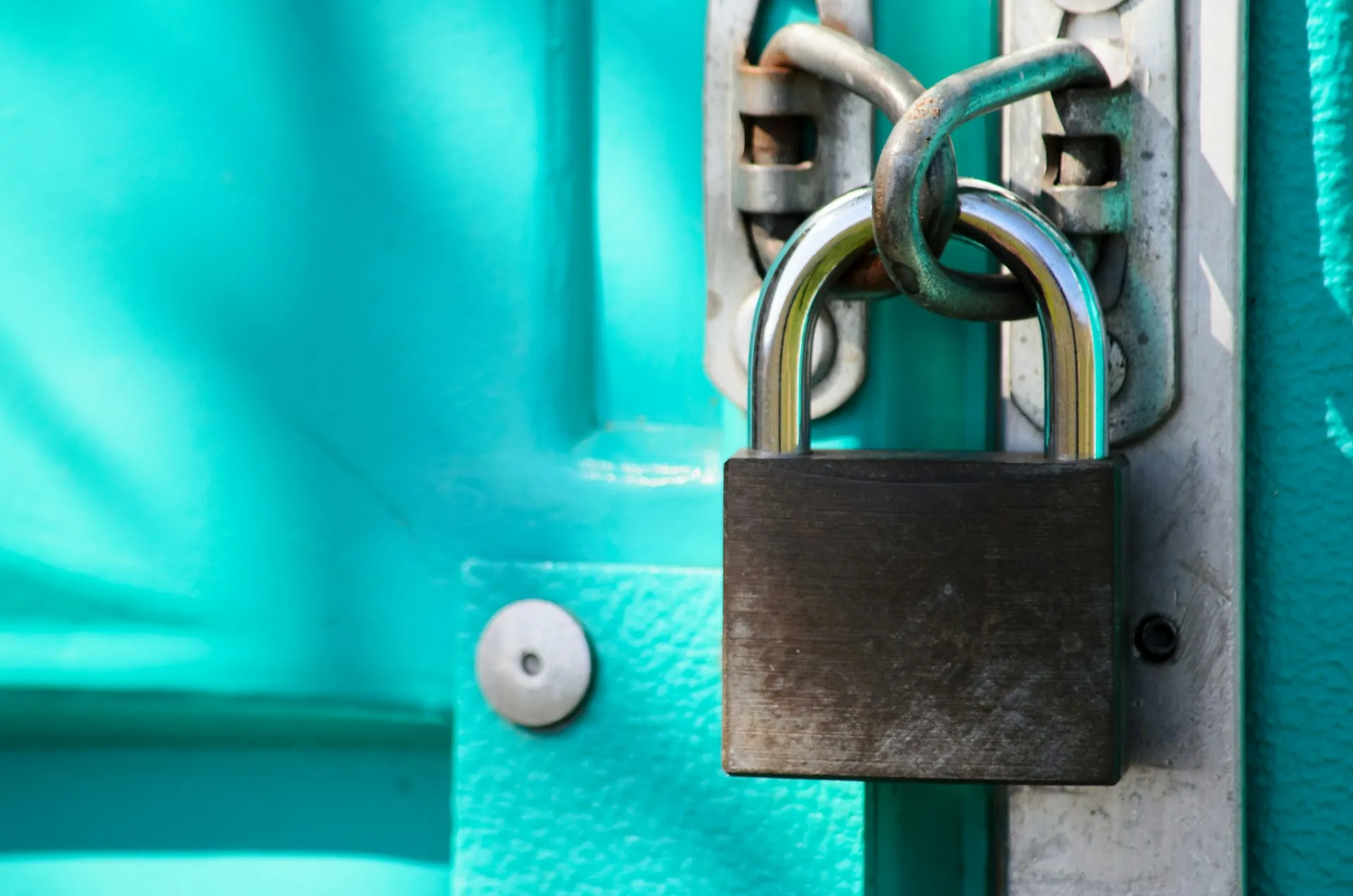
How CRM Systems Keep Your Business and Customer Data Safe
In 2025, businesses of all sizes rely on CRM systems not just for managing customer relationships but also for storing sensitive business data. As cyber threats evolve, ensuring that your CRM system is secure is no longer optional — it’s essential.
Fortunately, modern CRM platforms are designed with robust security features that help keep both your business and customer data safe from unauthorized access, breaches, and loss.
Why Security Matters in CRM
A CRM holds valuable information like customer emails, sales data, contracts, internal notes, and sometimes even payment records. If this data is compromised, it can lead to:
- Loss of customer trust
- Regulatory fines (from laws like GDPR, CCPA)
- Damage to brand reputation
- Operational disruptions
Core CRM Security Features That Protect Your Data
1. Advanced Data Encryption
CRM platforms encrypt your data using secure protocols like SSL/TLS during transmission, and AES-256 encryption when stored. This means your data is unreadable to anyone who doesn’t have proper authorization.
2. Granular Access Control
Role-based access allows you to limit what each team member can see or edit. For example, your marketing team can view campaign stats but not financial reports.
3. Two-Factor Authentication (2FA)
Most secure CRMs offer or enforce 2FA, ensuring that even if a password is stolen, no one can log in without a secondary verification code.
4. Real-Time Threat Monitoring
CRM vendors continuously monitor for unusual activity like unauthorized logins, large data exports, or suspicious behavior, and alert admins or block the attempt automatically.
5. Secure User Sessions
Auto-logout after inactivity, IP-based login restrictions, and session timeout features reduce the risk of someone accessing your CRM when a device is left unattended.
6. Regular Backups and Disaster Recovery
Your CRM data is backed up automatically in secure, geographically separated data centers. If there’s ever a hardware failure or cyberattack, your data can be restored quickly.
7. Compliance Management Tools
Leading CRM platforms help you stay compliant with data privacy laws by offering built-in features for consent tracking, data access requests, and easy deletion or anonymization of customer records.
How You Can Improve CRM Security as a User
While your CRM vendor provides the foundation, your team also plays a critical role. Here are a few best practices:
- Train employees to recognize phishing and social engineering threats
- Use strong, unique passwords for each user
- Review user permissions regularly
- Enable 2FA for all accounts
- Monitor access logs and unusual activity
Top CRM Platforms Known for Strong Security
- Salesforce: Offers enterprise-grade security with SOC 2 Type II certification
- Zoho CRM: Provides GDPR tools and robust access controls
- HubSpot: Simple but secure, ideal for startups
- Freshsales: Supports secure data residency and backup recovery
Conclusion
A secure CRM protects more than just data — it protects your business's reputation and customer relationships. In 2025, with rising privacy expectations and cyber threats, investing in a secure CRM platform is a must.
Choose wisely, implement smart practices, and your CRM will remain a safe, reliable system at the heart of your operations.
